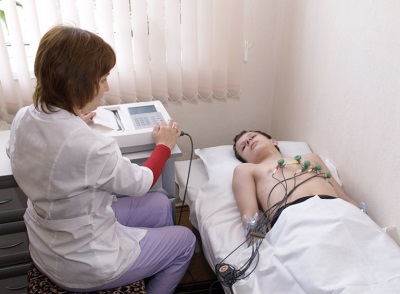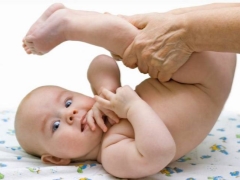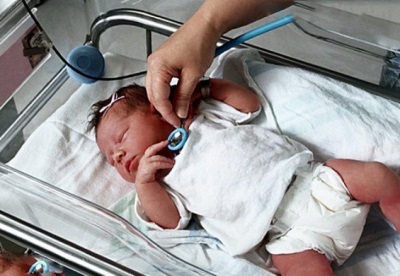Violation of intraventricular conduction of the heart in children
Heart diseases today are among the most common, therefore they are diagnosed both in adults and in many children. A rather large percentage of such diseases are arrhythmias, one of the types of which is a violation of intraventricular conduction.
What is it?
Violation of intraventricular conduction of the heart is called a problem in the work of the heart, which is diagnosed both in infants and in older children. Pathology is associated with the conduction of an impulse along the paths that pass in the ventricles of the heart (they are called bundles of His).

If such impulses are completely blocked, the heart may stop. In such a situation they talk about a complete blockade. However, more often, incomplete blockade is diagnosed when the impulse is carried out slowly. If we take into account the stability of the violation, the blockade is transient, intermittent and permanent.
The reasons
The conduction of impulses inside the heart of a child can be disturbed due to:
- Baby prematurity.
- Circulatory problems in the vessels that feed the heart.
- Lack of oxygen for the heart muscle.
- Birth injury.
- Congenital heart disease.
- The actions of some drugs.
- Heart surgery.
- Open oval window.
- Cardiomyopathy.
- Diseases of the nervous system.
- Infective endocarditis.
- Endocrine pathologies.
- Intoxication.
- Rheumatism.
- Psychogenic disorders.
Symptoms
In most babies, the presence of incomplete blockade does not show any symptoms, and doctors identify such a problem during the examination:
- To reduce the heart rate.
- According to the changes on the ECG.
Some children with impaired conduction of impulses in the heart feel pain, dizziness, shortness of breath, weakness. Their mood can change dramatically, and faints are possible.
Is the violation of intraventricular conduction of the heart dangerous?
In some children, holding a pulse along the ventricles with a delay does not pose a danger to life and disappears as the toddler grows older, but there are also chronic forms, as well as such complications that most often occur with complete blockade:
- Loss of consciousness.
- Heart failure.
- Myocardial ischemia.
- Heart failure.
Treatment
The treatment of children with heart rhythm disturbances must be carried out by a specialized specialist, therefore it is important to immediately contact a cardiologist if you have any child complaints or if changes in the ECG of the child are detected. If there are no clinical symptoms and the doctor has excluded organic and structural damage to the heart muscle, no treatment is given to the child. In serious cases, when the blockade has led to heart failure or other problems, and also does not respond to drug therapy, doctors resort to ventricular electrostimulation.

In more detail, the topic of a heart rhythm disorder in a child is revealed in the next fragment of the TV show “To Live Healthy”.










